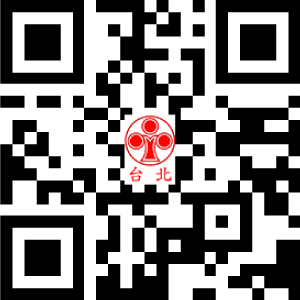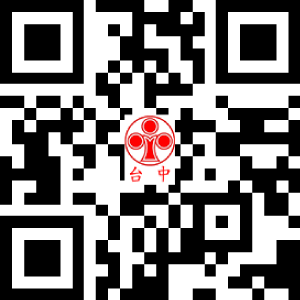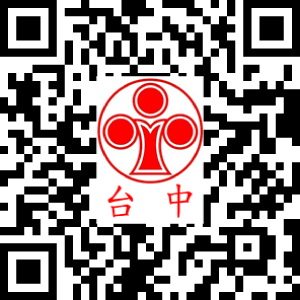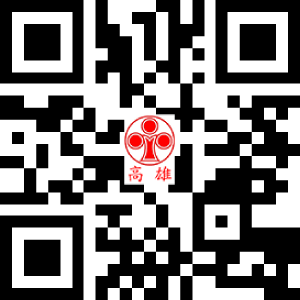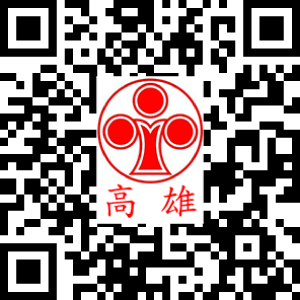On January 22, 2014, the President of the Republic of China promulgated the Patent Act amendment concerning border protection measures (Articles 97-1 to 97-4) to strengthen the protection of patent rights. Said amendment was passed by the Legislative Yuan on January 3, 2014. According to the associated Additional Resolution, complementary measures in regard of said amendment shall be established and then the new Patent Act shall enter into force therefrom within 2 months after the promulgation of said amendment.
Following the new Act, a patentee may provide security and request Customs to detain importing articles suspected of infringing the patent right. Upon filing a detention request, the requestor shall make a statement for the facts of infringement in writing and provide security. Customs shall give a notice to the requestor and the importer in writing. Both parties may examine the articles under such condition where confidential information protection of the detained articles is not compromised.
After a detention request is made, Customs shall revoke the request under the following circumstances: within a period of twelve days after the requestor has been served notice of admission of the request, Customs has not been informed that proceedings claiming that the detained articles are infringing articles have been initiated by the requestor; a final ruling of the court which dismisses the litigation initiated by the requestor claiming that the detained articles are infringing article; a final decision of the court which holds that the detained articles do not infringe patent rights; the requestor requests revocation of the detention; or the importer requests Customs to revoke the detention on provision of a security equivalent to two times of the security or equivalent assurance while following the procedures in accordance with applicable Customs Regulations on import articles clearance. In particular, the requestor shall bear the expenses generated from warehousing, loading and unloading the detained articles if the cause of revocation is attributable thereto.
On one hand, Customs shall release the security upon request by the requestor where: the security is no longer required as the requestor has either obtained a final judgment in his/her favor or reached a settlement with the importer; the requestor proves that the importer has been notified but failed to exercise his/her rights within twenty days or more after the detention is revoked and hence there is injury caused to them through wrongful detention, or after the importer obtained a final judgment in his/her favor; or the importer agrees to release the security. On the other hand, Customs shall release the security upon request by the importer where: the security is no longer required as either it is after the detention is revoked or the importer has reached a settlement with the requestor; the importer proves that the requestor has been notified but failed to exercise his/her rights within twenty days or more after the requestor has obtained a final judgment in his/her favor; or the requestor agrees to release the security.
In addition, if a final judgment of the court holds that the detained articles do not infringe patent rights, the requestor shall compensate the importer for injury caused to them through wrongful detention of articles or provision of the security.
In view of said amendment involving Customs procedures, the Legislative Yuan asked the Ministry of Economic Affairs and the Ministry of Finance to formulate relevant procedures. To this purpose, Taiwan IPO has begun drafting the “Regulations Governing Detention of Suspected Patent-Infringing Articles by Customs” and expects the new Patent Act to enter into force as planned.
| Border Protection Measures | |
| Relevant provisions | Articles 97-1 to 97-4 of the Patent Act |
| Requestor | Patentee |
| Administrative authority | Customs |
| Articles of detention | Importing articles suspected of infringing the patent rights |
| Requirements of detention request | 1.Application made in writing 2.A statement of the facts of the infringement 3.Security or equivalent assurance |
| Amount of security | The duty-paid price of the imported articles assessed by Customs |
| Revocationof the detention | 1.Within a period of twelve days after the person who requested to detain articles has been served notice of admission of the request, Customs has not been informed that proceedings claiming that the detained articles are infringing articles have been initiated by the requestor; 2.A final ruling of the court which dismisses the litigation initiated by the requestor claiming that the detained articles are infringing articles; 3.A final decision of the court which holds that the detained articles do not infringe patent rights; 4.The applicant requests revocation of the detention; or 5.The importer requests Customs to revoke the detention on provision of a security equivalent to two times of the security or equivalent assurance while following the procedures in accordance with applicable Customs Regulations on import articles clearance. |
| Circumstance that requestor bears the expenses generated from the detention | The detention is revoked pursuant to cases 1 to 4 of the above. |
| Circumstance that the requestor bears the damage generated from the detention | A final judgment of the court holds that the detained articles do not infringe patent rights. |
| Amount of the reimbursement | Injury caused through wrongful detention of articles or the security. |
| Circumstance that the importer bears the damage generated from the detention | A final judgment of the court holds that the detained articles infringe patent rights. |
| Date of promulgation | January 22, 2014 |
| Date of enforcement | Before March 22, 2014 |
